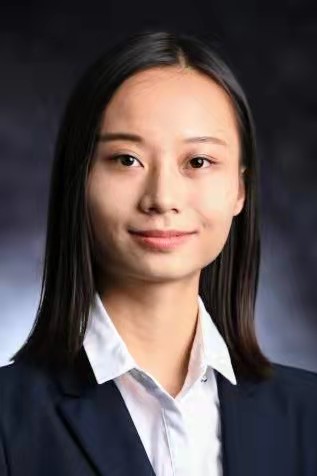COGR 201C: Discourse Analysis: Classical, Critical, Computational (Spring 2021)
Published:
This is a draft course description for COGR 201C: Discourse Analysis: Classical, Critical, and Computational, a grad methods class to be taught in Spring 2021.
Discourse analysis refers to a broad set of methods, theories, and concepts that are used in analyzing language in use, particularly when used to examine the role that language has in constituting social and cultural activity and phenomena. This course will give an overview of various approaches, including: classic linguistic and semiotic approaches, which are more commonly used to analyse meaning in conversations (e.g. Sacks, Gee); critical approaches, which often analyze narrative texts to study issues of power and ideology (e.g. Foucault, Fairclough); and computational approaches from the field of Natural Language Processing (NLP), which are increasingly used to analyze large corpuses of text to make grand claims about discourse and society at scale. This course will take a more reflexive and critical approach to methodology, grounded in the field of Science and Technology Studies, in which students will compare the epistemological assumptions behind these various understandings of what discourse is and how to analyze it.
Students should have prior exposure to some level of social theory, although no specific theoretical tradition is required. No existing statistical or programming prerequisites are required, although students will learn to use various software tools. Students are encouraged to bring their own data and examine it as part of the course. The analysis of texts from online user-generated content / social media platforms will be part of the course. Assignments will include regular data collection and analysis exercises, which culminate in a final paper project that demonstrates their capacity to conduct and critically compare various forms of discourse analysis.
